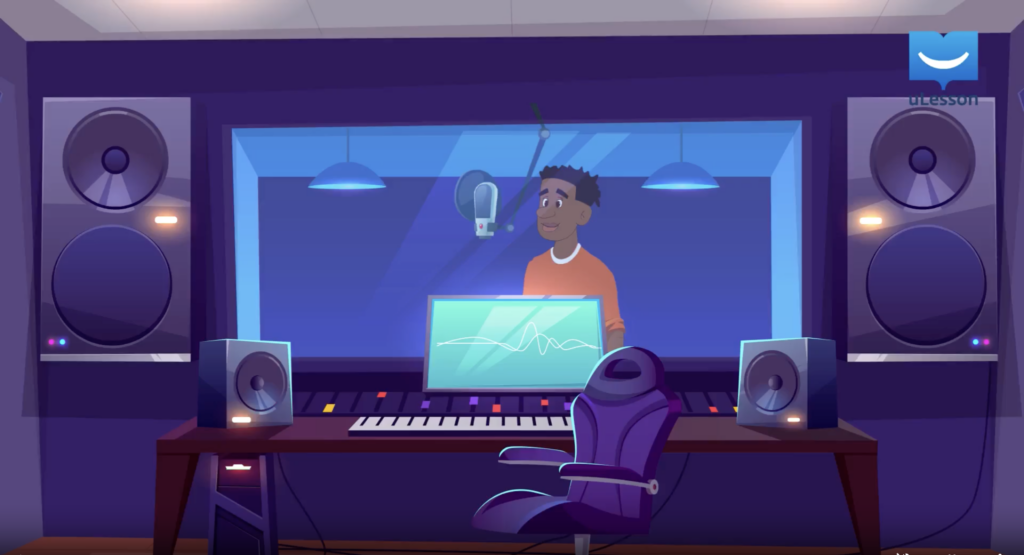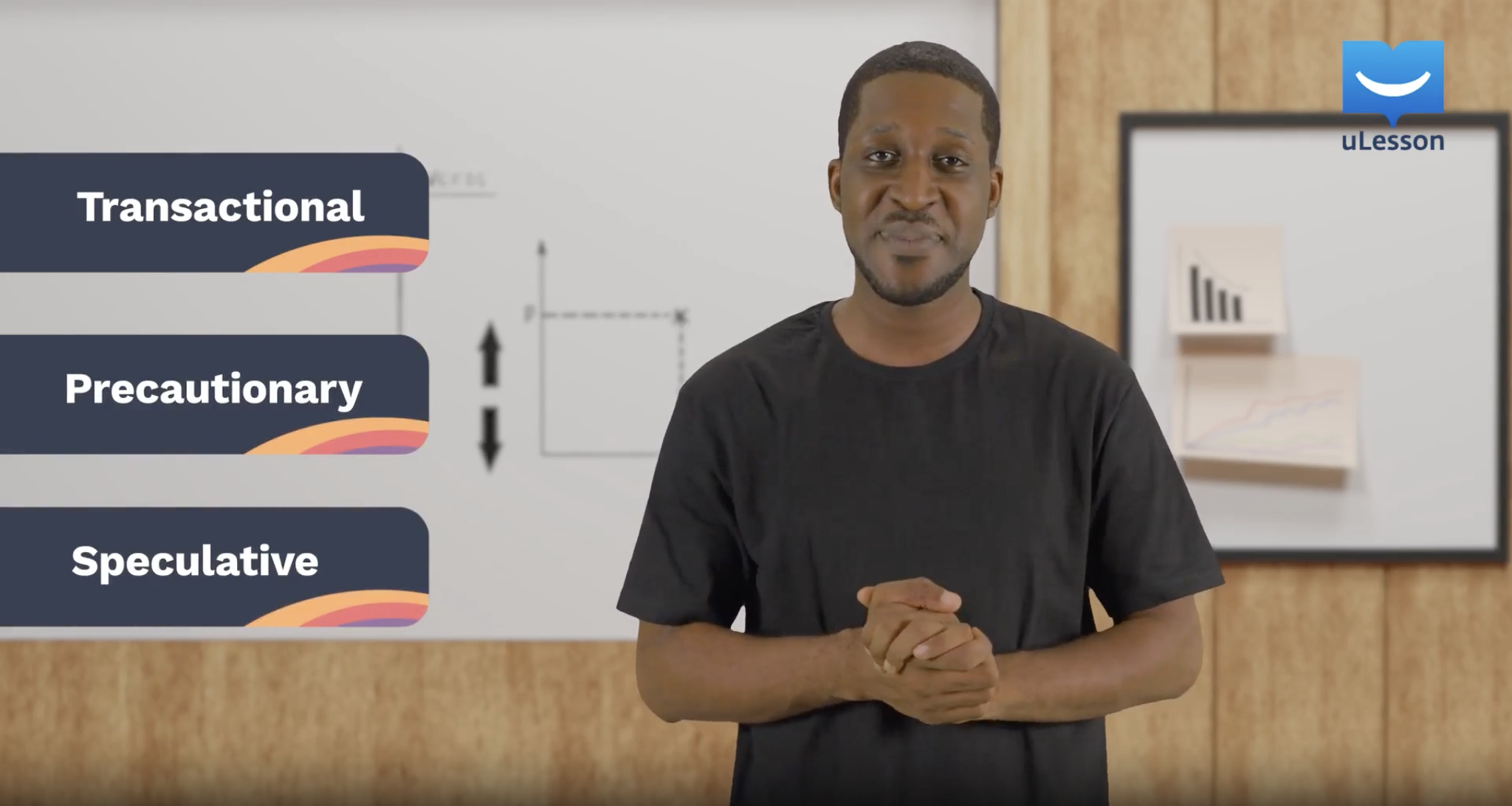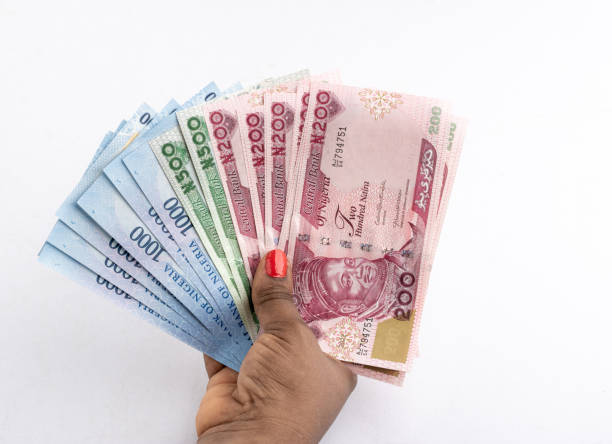Money is a staple in our world, and it comes in different forms, colours, and sizes. But what is “demand for money”? Demand for money is a concept you’ve likely come across in your economics class, but you don’t quite get it yet. No qualms. Let’s understand this concept through Duma’s story.

Duma, the rapper, has been incredibly successful at his craft. He has sold millions of records and toured the world several times with his wonderful music. And because he owns several businesses, he always has some money handy to carry out transactions.
We can say that Duma has a high demand for money. Duma’s demand for money refers to his desire to hold money, that is, to keep his wealth in liquid form (cash) rather than investing it.
Why Do People Demand Money?
A famous economist, J. M. Keynes, explained three motives behind people’s demand for money. These motives are transactional, precautionary, and speculative.

Transactional Motives (Everyday Transactions)
People keep money for daily spending on things like food and transportation. The amount of money you keep depends on how much you earn and how often you get paid. Duma keeps a little cash for everyday needs because he receives large amounts regularly.
Precautionary Motives (Precaution for Unexpected Events)
Money is kept aside for unexpected situations, like sudden expenses or emergencies. For example, if someone in Duma’s family suddenly falls ill and has to be taken to the hospital, he has to pay for a bill he didn’t budget for. His car may also have a significant breakdown at any time, and he will have to fix it. Since Duma is financially secure, he can pay for unexpected bills easily.

Speculative Motives (Investment Opportunities)
People also demand money to take advantage of investment opportunities. Duma, being financially savvy, can decide when to invest based on his expectations for the future. If he thinks interest rates will rise, he might wait before investing. If he expects them to fall, he might invest sooner.
This motive isn’t just about investments, though; regular people might increase or postpone purchases based on what they think will happen to prices in the future.
In Conclusion
The demand for money is connected to these reasons and changes based on individual situations and expectations. Duma’s success not only adds to his music career but also shows us how the demand for money can be complex.
As we finish talking about why we keep money, think about why you keep your money—is it for everyday needs, unexpected events, or future plans?
Don’t stop here, though. Keep learning on the uLesson app to understand your subjects better and improve your grades the easy way. If you haven’t, download it here or use the web version instead. Until next time!
PS: Don’t miss our heartfelt Valentine’s gift to you! Fall in love with learning with up to N20,000 off on Education Tablet Bundles.

This offer only lasts until February 29, so order now!




4 Comments
During valentine’s day ❤️ it is a time of love and sharing, so buy the Ulesson tab and suprise your your younger ones or children an access to ulesson this valentine’s day ❤️🌹💜❤️.
Bye bye 👋.
Exactly. Help children fall in love with learning! 💜
The demand of of money on the ulesson app and tablet is dropping slowly, so parents should try and give their the education and fun of their lives, so that they can become smarter, intelligent and very knowledgeable.
THE END.
Ulesson love learning.